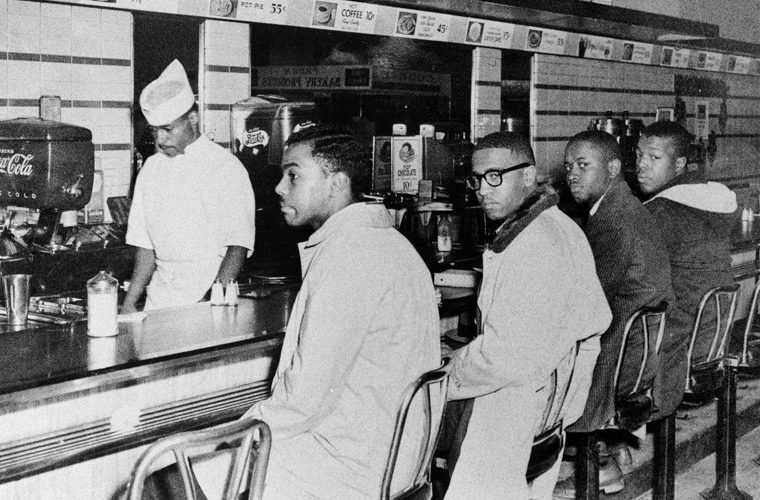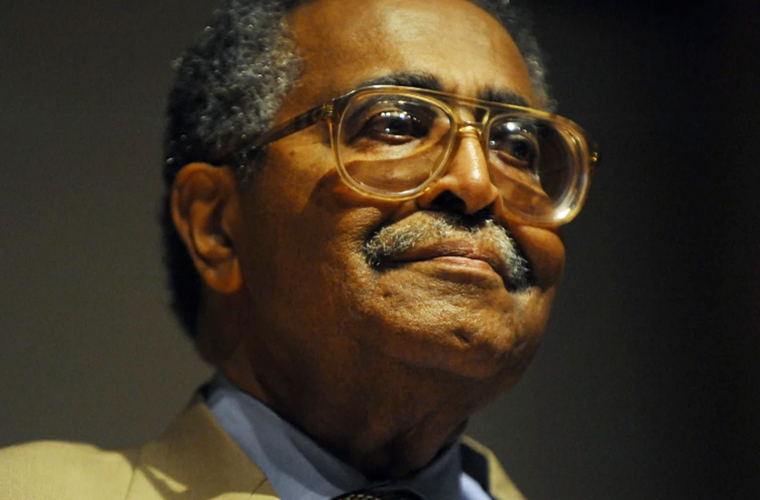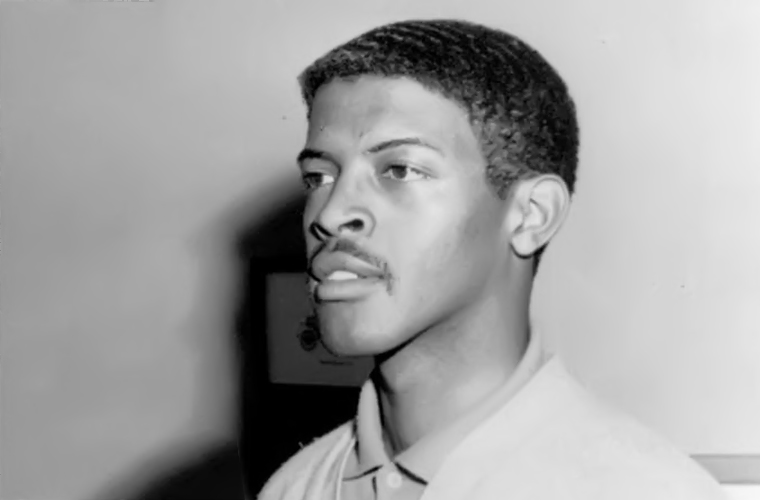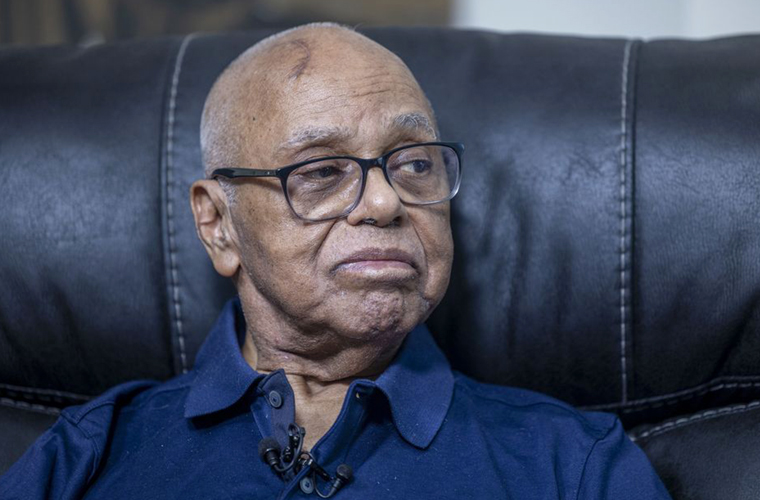The Greensboro Four refers to the four African American college students who initiated the sit-in protest at Woolworth’s lunch counter in Greensboro, North Carolina, on February 1, 1960. The four students were Joseph McNeil, Franklin McCain, Ezell Blair Jr. (later known as Jibreel Khazan), and David Richmond, all of whom were enrolled at North Carolina Agricultural and Technical State University.
On that day, the four students went to the Woolworth’s store in downtown Greensboro and sat down at the lunch counter, where they were denied service because of their race. The students refused to leave and stayed at the lunch counter until the store closed. The next day, they returned to the store with more students and continued their sit-in protest.
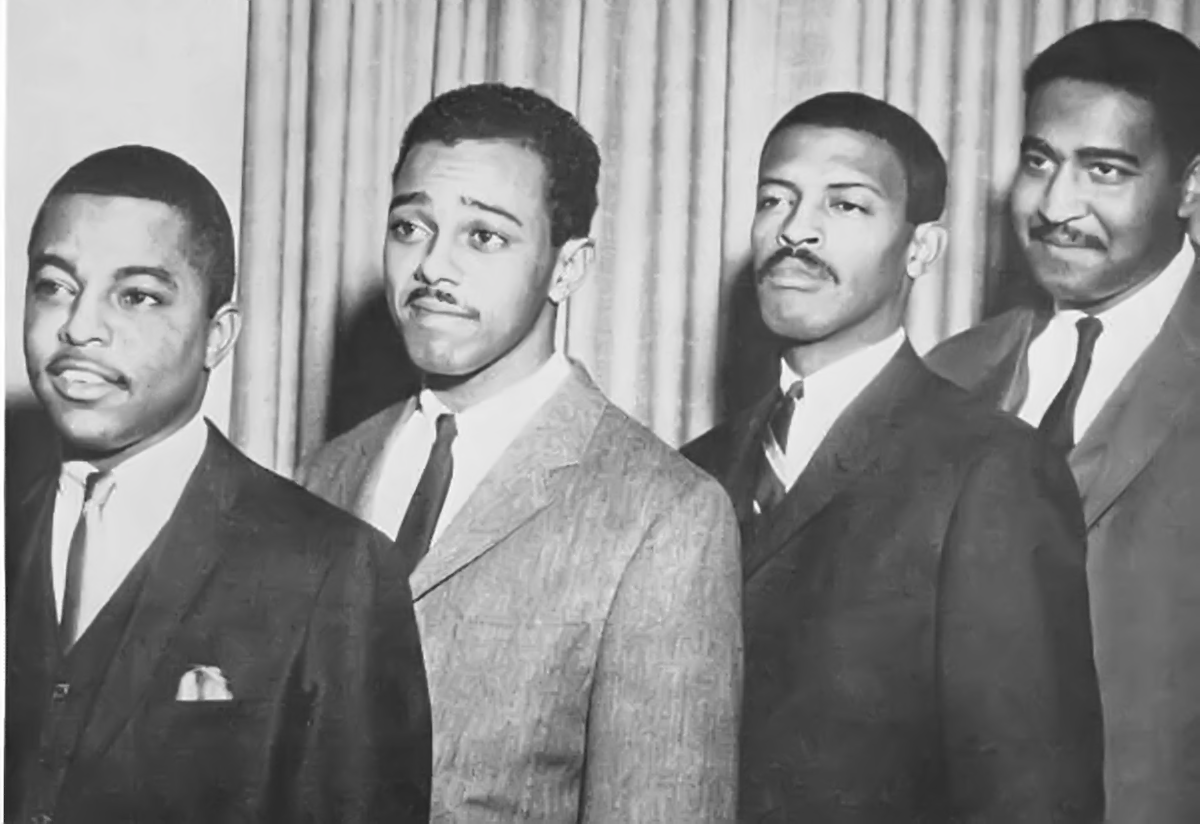
The sit-in protest continued for several days and soon spread throughout the South, sparking a new phase of the Civil Rights Movement. The Greensboro Four became national symbols of the Civil Rights Movement and inspired other sit-in protests and acts of civil disobedience.
The Greensboro Four faced numerous challenges during their sit-in protest, including verbal and physical abuse from other customers and store employees. They also faced arrest and legal charges, but they continued to peacefully resist segregation and demand change.
The Greensboro Four’s courageous actions helped to bring attention to the injustices of segregation and inspire others to join the fight for civil rights. Today, the site of Woolworth’s lunch counter in Greensboro is the home of the International Civil Rights Center and Museum, which commemorates the history of the Civil Rights Movement and the bravery of the Greensboro Four.
Did you know? The former Woolworths in Greensboro now houses the International Civil Rights Center and Museum, which features a restored version of the lunch counter where the Greensboro Four sat. Part of the original counter is on display at the Smithsonian National Museum of American History in Washington, D.C.

